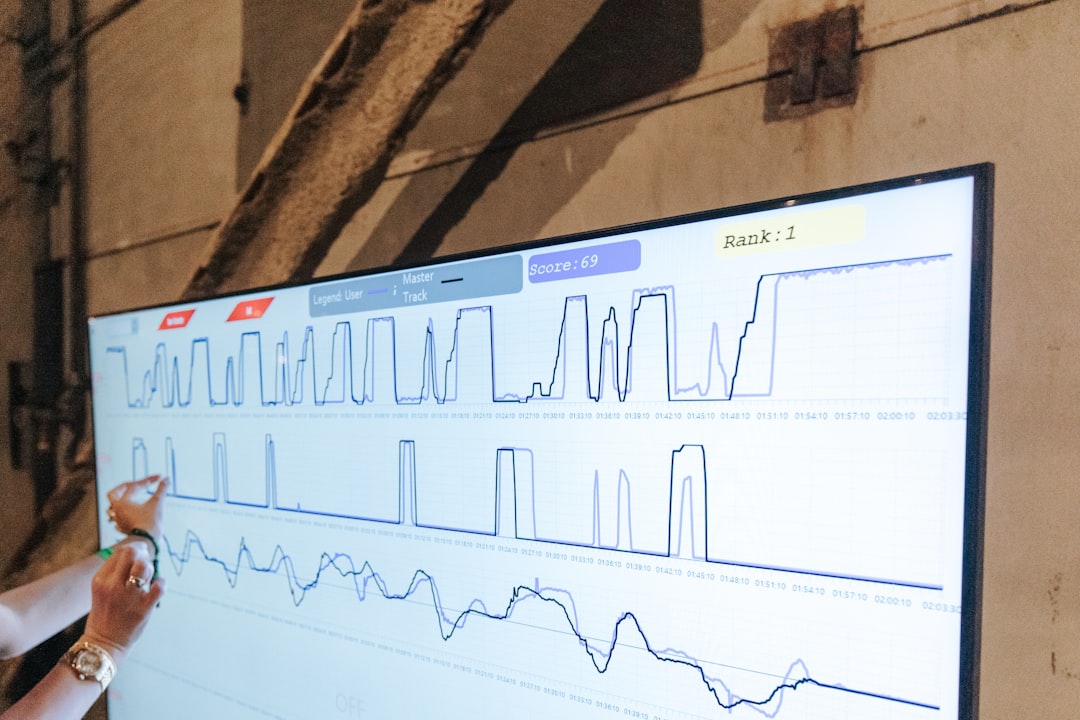In today’s fast-paced digital landscape, businesses must keep a close eye on their competitors to remain relevant and competitive. This task, once reliant on manual research and lengthy reports, has been revolutionized by artificial intelligence (AI). Through the deployment of advanced AI tools, companies can perform comprehensive, real-time competitor analysis with greater accuracy and efficiency than ever before.
AI tools assist in competitor analysis by gathering, analyzing, and interpreting vast amounts of data from multiple sources. These tools enable businesses to gain deep insights into the strategies, strengths, and weaknesses of competitors, which can inform strategic decision-making across marketing, sales, product development, and more.
How AI Tools Streamline Competitor Analysis
AI technology leverages machine learning, natural language processing (NLP), and data mining to automate major parts of competitor analysis. The process typically includes:
- Data Collection: AI tools scan websites, social media, blogs, job postings, press releases, and financial records to extract relevant competitor information in real time.
- Sentiment Analysis: By using NLP, AI can determine how people feel about a competitor’s products or services by parsing online reviews, comments, and social mentions.
- Trend Identification: AI models can detect emerging trends in a competitor’s offerings or customer feedback by analyzing patterns over time.
- Pricing Intelligence: Tools can track competitor pricing changes, promotional activities, and product availability to help companies adjust their own strategies accordingly.
- Predictive Analysis: Using historical data and modeling techniques, AI can predict a competitor’s future moves or market behavior.

Key Benefits of AI-Driven Competitor Monitoring
Businesses that implement AI for competitor analysis experience a variety of advantages that would be difficult to replicate with traditional methods:
- Real-Time Insights: Manual competitor research is often outdated by the time it is completed. AI eliminates this delay by providing up-to-date intelligence almost instantly.
- Greater Accuracy: By minimizing human error and bias, AI tools produce more accurate results, ensuring that strategic decisions are based on reliable data.
- Efficiency and Scale: AI can track dozens or even hundreds of competitors simultaneously across different markets, saving significant time and resources.
- Deeper Understanding: With data visualization and automated reporting, organizations gain a clearer picture of how their competitors operate and what gives them a competitive edge.
Popular AI Tools for Competitor Intelligence
Several AI platforms have emerged specifically to support competitive intelligence efforts. Some of the most widely used tools include:
- Crayon: Offers market intelligence solutions that use AI to track changes across competitor websites and digital assets.
- Kompyte: Enables real-time tracking of competitor strategies and generates automated alerts on important developments.
- Similarweb: Provides AI-powered web analytics that deliver insights into competitors’ traffic sources, audience behavior, and engagement trends.
- Brandwatch: Focuses on social media listening and consumer sentiment analysis, giving brands a view of public perception around competitors.
Ethical Considerations
While the use of AI in competitor analysis offers many benefits, it raises important ethical and legal considerations. Companies must ensure that the data is collected legally and used responsibly. Overstepping boundaries — such as accessing confidential information or engaging in cyber surveillance — can lead to regulatory penalties and damage a company’s reputation.
Responsible deployment of AI tools involves analyzing only public data, respecting the terms of service of websites, and being transparent about the insights gained through such monitoring.
The Future of Competitive Intelligence
As AI continues to evolve, so too will its capacity to deliver advanced competitive intelligence. Future tools may incorporate more accurate predictive algorithms, offer seamless integration with CRM systems, and provide deeper personalization through adaptive learning protocols. AI will not replace human analysis entirely, but it will undoubtedly augment strategic capabilities in unprecedented ways.

Organizations that adopt and adapt to these AI advancements will be better positioned to outperform competitors and command greater market share. In a world driven by data, leveraging artificial intelligence for competitor analysis is not just a choice — it’s becoming a necessity.



